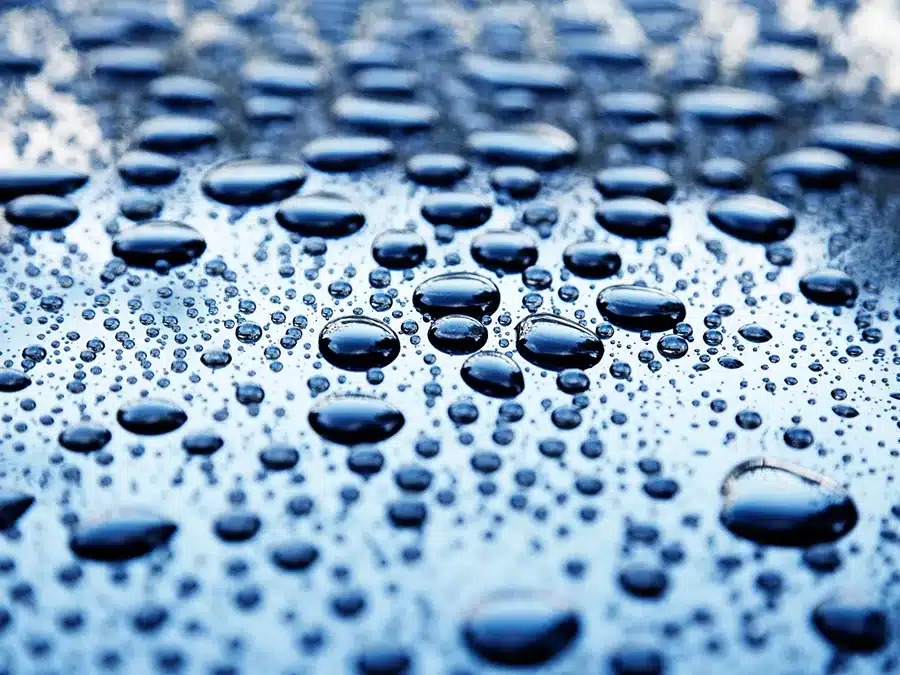Save Our Water

Save Our Water
The fashion industry is one of the largest contributors to water pollution in the world. The process of producing clothes, especially fast fashion, requires a significant amount of water. According to the World Wildlife Fund (WWF), it takes about 2,700 litres of water to produce one cotton shirt, which is equivalent to the amount of water an average person drinks over three years. Cotton is known to be a particularly water-intensive crop, and it can take up to 20,000 litres of water to produce 1kg of cotton.
Water used in the production of fast fashion clothes:
The fashion industry is notorious for producing cheap clothes that are only meant to last a few wears before being discarded. To produce these clothes, large amounts of water are required at different stages of production, including growing the cotton, dyeing, and finishing the fabric. The process of dyeing, in particular, requires a large amount of water, as well as toxic chemicals that can harm the environment.
Most of the world’s cotton is grown in regions where water is scarce, such as India, Pakistan, and China. In these areas, cotton farming requires irrigation, which depletes water resources and contributes to the drying up of rivers and lakes. Additionally, the chemicals used in the production of clothes, such as dyes, bleaches, and detergents, can contaminate water sources, making them unfit for human consumption and harming aquatic life.
Benefits of recycling clothes and giving them to charity:
Recycling clothes and giving them to charity can help reduce the environmental impact of the fashion industry.
Reducing water consumption: By recycling clothes, we reduce the demand for new clothes, which in turn reduces the amount of water required to produce them.
Reducing waste: The fashion industry produces a significant amount of waste, with many clothes ending up in landfill. By recycling the clothes or finding a new home for them this is cutting down the amount of items going to landfill and being wasted.